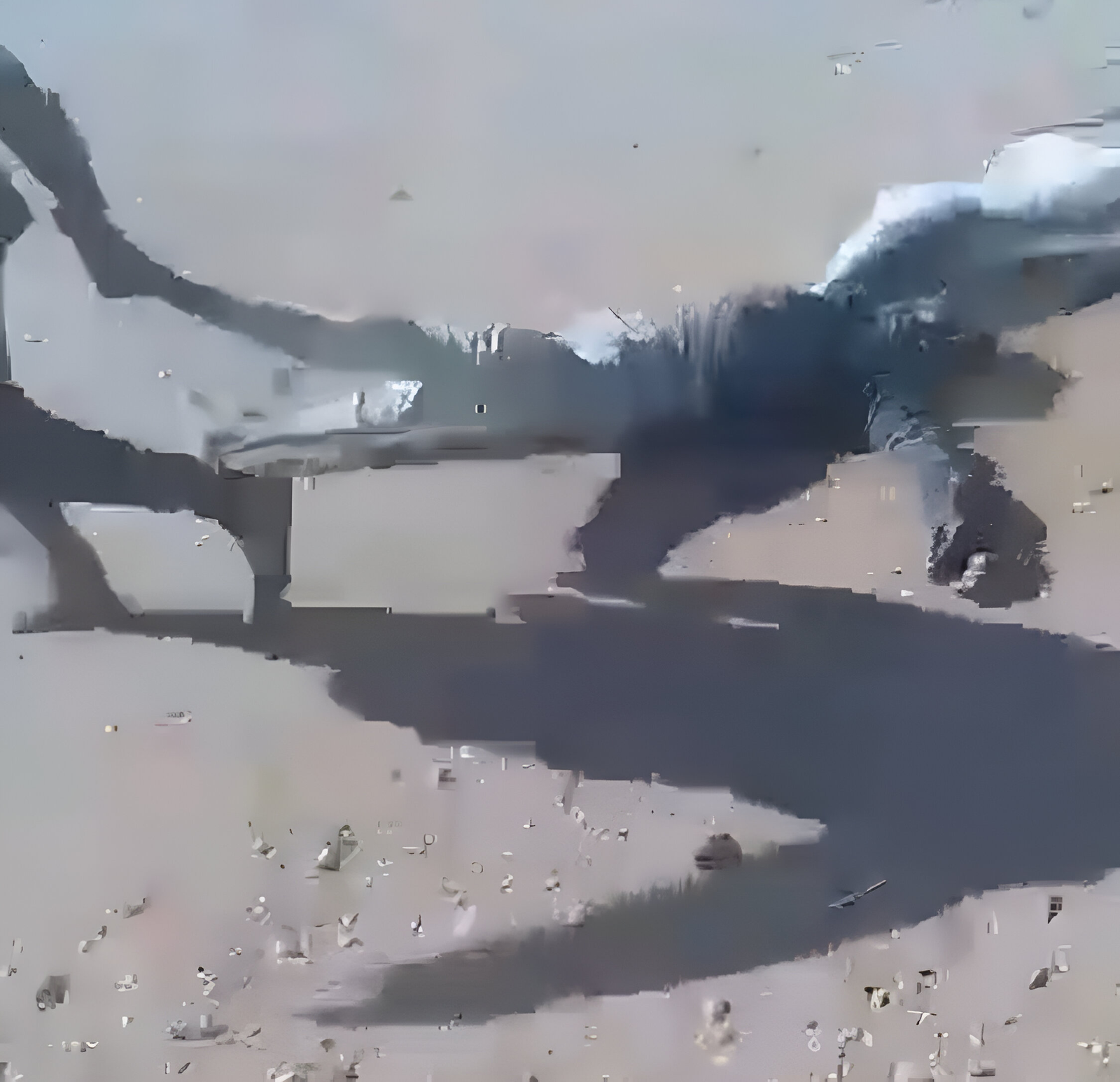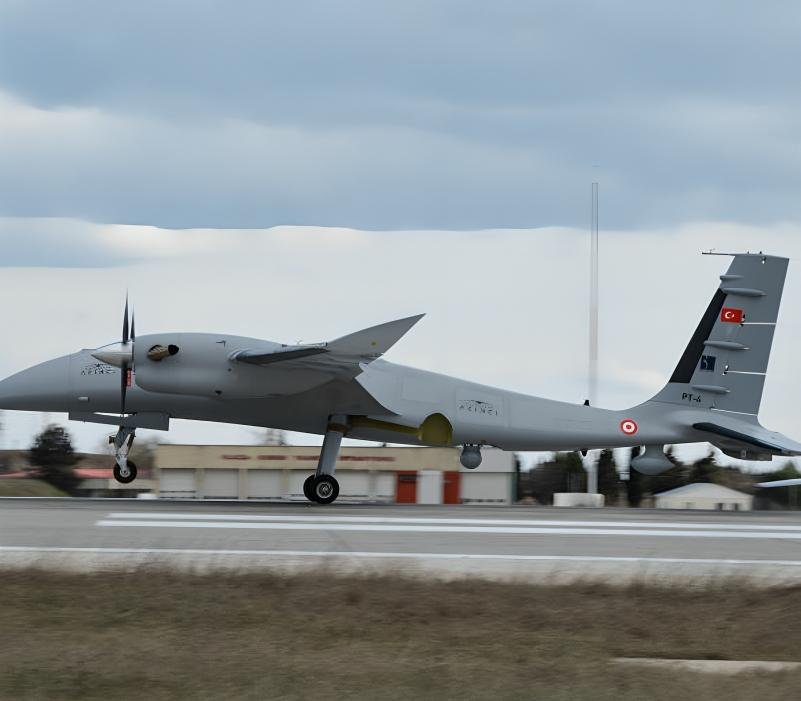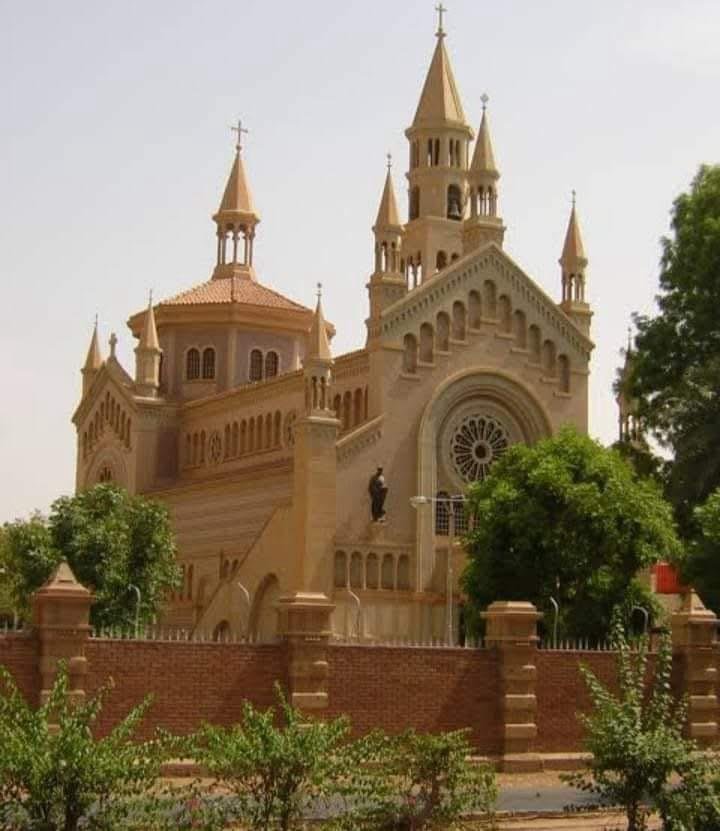Report: SPT
The violations against civilians committed by militias and Islamist brigades allied with the army, as detailed in the first part of the report, have not ceased. Instead, they have continued with the same brutality and have expanded from Al-Jazirah to Kordofan and even to Bahri in Khartoum.
In a statement issued on February 10, the “Central Committee of the Kanabi Conference” reported new acts of violence affecting numerous Kanabi communities. These crimes ranged from killings and forced displacement to kidnappings and arrests. The statement attributed these atrocities to the Sudan Shield Forces, led by Kikel, and the “Popular Resistance,” a group of Islamists, mostly from jihadist factions, operating under this name to mask their jihadist rhetoric. This was acknowledged by Abdel Hay Yousuf, a prominent cleric of the militant jihadist movement and a senior leader in the Shura Council of the Sudanese Islamic Movement. He justified disguising jihadists under the ‘Popular Resistance’ banner, stating; “The term jihad has become stigmatized.”
A Call from the Kanabi Conference to the World
A prominent member of the Kanabi Conference stated that the Sudan Shield Forces, along with Islamist militias, brigades, and mobilized fighters, are killing and forcibly displacing civilians from their homes after accusing them of belonging to the Rapid Support Forces without any legal evidence. He emphasized that the Kanabi residents are ordinary citizens whose only “crime” is their Darfuri ethnic origin.
In its latest statement, the Kanabi Conference described the targeting of the Kanabi people as systematic crimes committed on the basis of race and skin color.
The statement urged the international community, human rights organizations, and relevant authorities to take urgent action to stop these heinous crimes, ensure the protection of civilians, and hold those responsible for these violations accountable.
The Widening Scope of Massacres
In the first part of the report, we reported, based on multiple sources we consulted, that the death toll ranges between 1,000 and 1,200. However, the testimonies we heard and the videos we reviewed make it difficult to ascertain an exact number, especially as the scope of violations has expanded, spreading from villages and Kanabi areas in western Al-Jazirah State to its eastern parts, and from there to the Bahri area in the capital, Khartoum. Before that, the city of Um Rawaba in North Kordofan State experienced severe violations—though we refrain from publishing the videos due to their graphic nature.
In the eastern regions of Al-Jazirah, the death toll was so high that bodies were transported on donkey-drawn carts, referred to by rural residents as “karo.”
Later, we learned from a security source that the reason for transporting them in this manner was to conceal the use of military vehicles.
500 Victims Unaccounted For
February 7 was a brutal day for the residents of Al-Izbah, a neighborhood in Bahri, the capital Khartoum. At around 11 a.m., the notorious Islamist battalion Al-Baraa bin Malik stormed the area, home entirely to war-displaced people—mostly from the Nuba Mountains, along with some Darfuris and a few South Sudanese. They began firing indiscriminately before raiding the homes—simple huts made of straw and mud, offering little protection from the sun and rain. They then arrested all the men, particularly the youth, subjecting them to severe beatings and humiliation while accusing them of collaborating with the Rapid Support Forces (RSF).
A Bahri resident reported that the detainees were gathered in the courtyard of one of the houses, where they were brutally interrogated before some were executed with gunshots to the head in front of the others. To this day, their fate remains unknown, with an estimated 500 people missing. Fears are mounting that they were executed and their bodies discarded for the stray dogs that roam the area in large numbers, especially since the jihadists of Al-Baraa bin Malik Battalion operate under the chilling slogan: “Sending them to God”—a fate they reserve for those they accuse of ties to the RSF.
Who is Behind the Massacres?
The massacres against the people of Darfur in Sudan did not begin in 2024-2025; their roots trace back to 2003-2004, when the former regime, led by Omar al-Bashir, carried out genocide against the Darfuri population. In 2005, the International Criminal Court (ICC) initiated an investigation into war crimes in Darfur under a mandate from the United Nations Security Council. This investigation resulted in charges against several officials, including al-Bashir, for war crimes and genocide. Among those sought for justice was Ahmed Haroun, who now leads the Sudanese Islamic Movement, which initiated the war on April 15, 2023, with the aim of regaining power. On December 11 of the previous year, the movement appointed him to head its political wing.
A prominent Sudanese human rights advocate told us that the policy of impunity, coupled with the international community’s insufficient commitment to prosecuting the perpetrators of the previous Darfur massacres, paved the way for the current atrocities. In fact, this leniency was the primary factor that emboldened the former regime, responsible for the Darfur genocide, to wage war once again in an attempt to reclaim power by force.
Direct Inciters
In addition to the former Islamist regime, which strong evidence indicates is behind these grave violations, several individuals have played a key role in the war and the Kanabi massacre by spreading hate speech, racism, and incitement to violence. Among the most notable is:
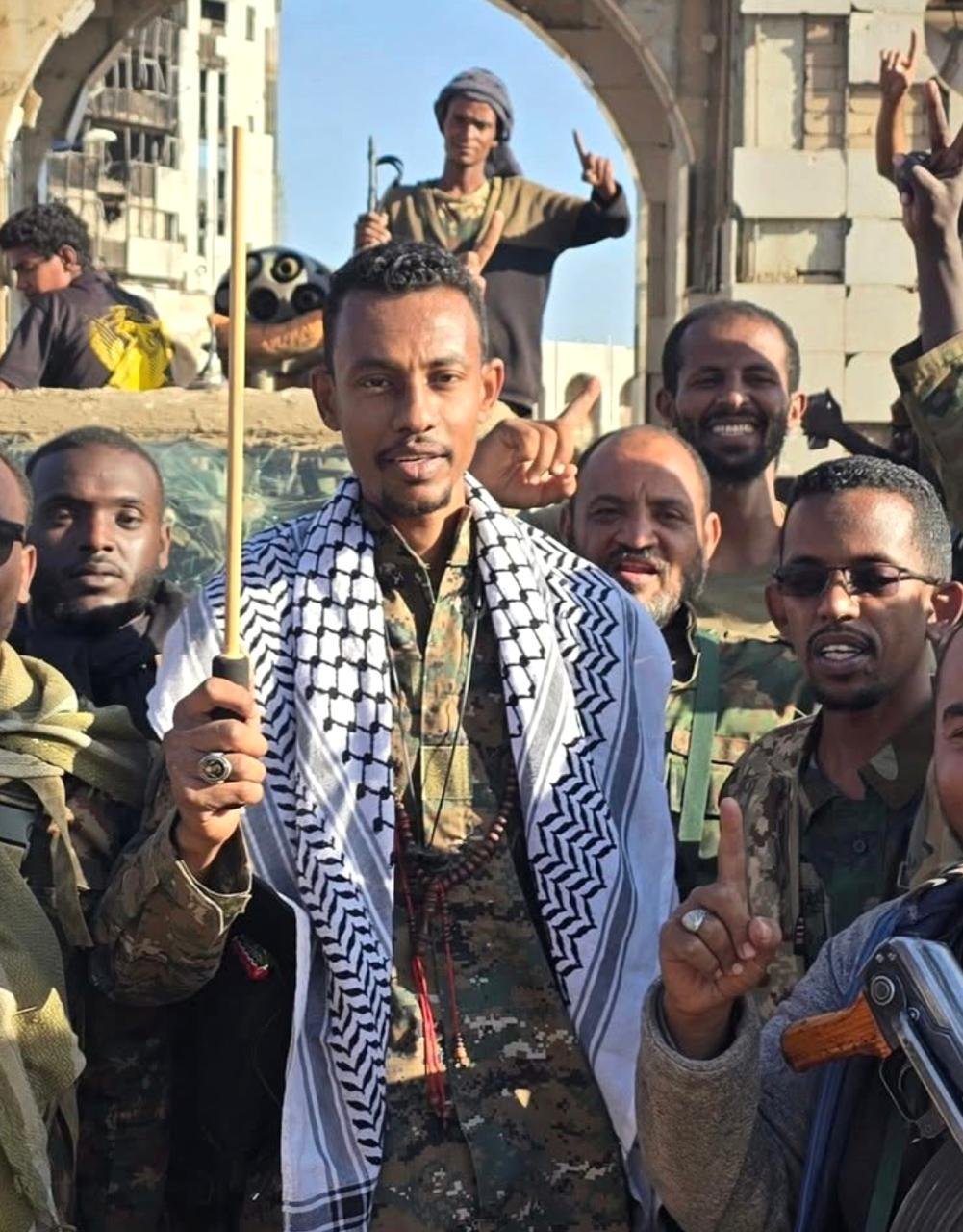
The leader of the jihadist brigade Al-Baraa bin Malik, which is fighting alongside the army. In all his speeches, he has consistently called for jihad and killing, rejecting any peace initiatives.
On January 31 of this year, amid the massacres targeting Kanabi residents, he posted on his Facebook page: “Dealing with a spy, an agent, an infiltrator, or a traitor is not the same as dealing with a prisoner or a captured collaborator.”
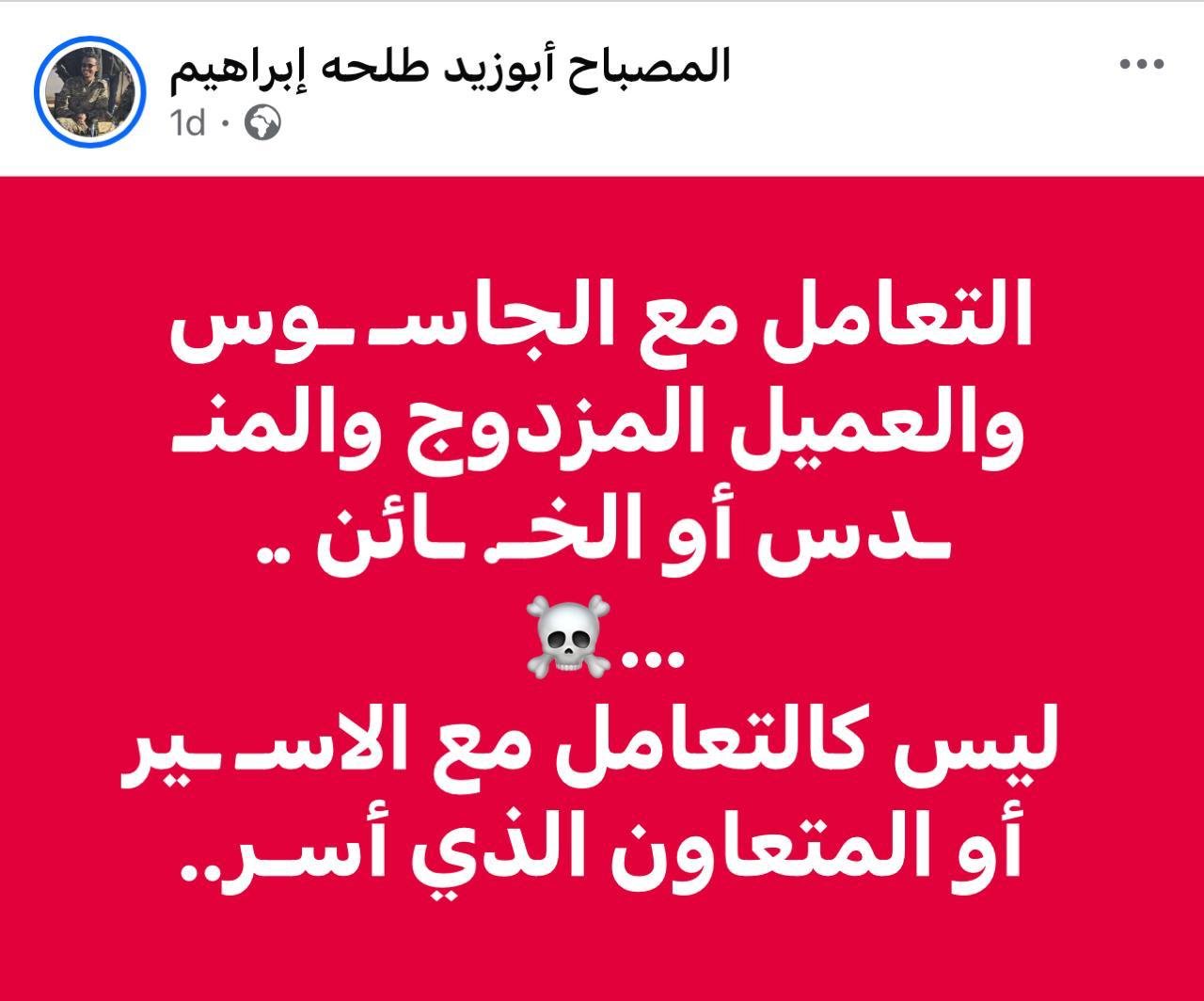
This statement was widely interpreted as a coded message to his forces, instructing them to execute anyone accused of collaborating with the Rapid Support Forces—an accusation frequently used as a pretext to kill unarmed Kanabi residents and forcibly displace them.

The head of a racist organization called “Al-Nahr wa Al-Bahr” (The River and the Sea), used his YouTube and Facebook platforms to incite violence against groups of Darfuri, Nuba, and Kordofani origin, spreading hateful and inflammatory rhetoric.
In the days leading up to the Kanabi massacres, he launched an intense incitement campaign, addressing the Sudan Shield Forces militia led by Kikel. He explicitly called for burning Kanabi settlements, expelling those of Darfuri origin, and forcibly displacing them from Al-Jazirah State to return to their ancestral homeland.
In the attached recording below, he openly calls for ethnic cleansing, stating: “If the government cannot carry out the cleansing, let us do it ourselves and make life in Al-Jazirah State unbearable for them until they return to Darfur.”
Al-Tayeb Joda, a tribal leader closely aligned with Islamists and the leader of a branch of the Kawahla tribe in the Sarhan area of Al-Jazirah State, is known for his persistent incitement against Kanabi residents, describing them as “displaced persons” and “refugees”, and accusing them of collaborating with the Rapid Support Forces (RSF).
In the video clip below, he is seen urging members of his tribe to take action against Kanabi residents, stating: “We will show no mercy… Anyone cooperating with the Rapid Support Forces is a legitimate target for us.”
Following his statements in this video, several Kanabi areas were attacked, leading to the killing of several residents and widespread arson that destroyed their homes.
•The identities of the sources have been withheld for security reasons.
•We have carefully selected images and videos that are less graphic than the material in our possession.

